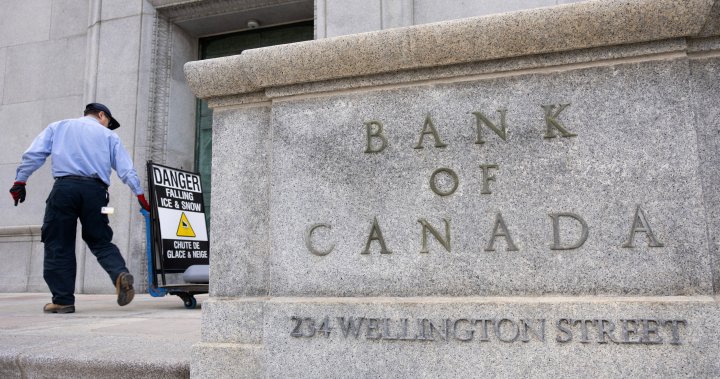
Renters — not mortgage holders — show most debt stress, Bank of Canada says
Global News
The Bank of Canada says in a new report that renters are feeling more debt stress tied to higher interest rates than Canadians with a mortgage.
Canada’s renters are showing more signs of financial stress amid rising debt costs than homeowners facing higher mortgage rates, according to a new analysis from the central bank.
The Bank of Canada released its Financial Stability Report for 2024 on Thursday.
Overall, the central bank said that signs of financial stress were rising back to normal levels after “sharp declines” during the COVID-19 pandemic.
But these signs of stress are most concentrated among Canadians who don’t have a mortgage, particularly renters.
People without a mortgage are falling behind more on credit card and auto loans payments, the Bank of Canada said. Rates of arrears in this category are close to pre-pandemic levels and continuing to grow for non-mortgage holders, according to the report.
But those rates remain low and stable for Canadians with a mortgage. The Bank of Canada says that despite rising interest rates over the past two years, which feed into mortgage rates for homeowners, these households are handling the higher debt burden with little indication of stress.
The central bank noted that the rise in home prices since the start of the pandemic led to more equity for most homeowners. That can act as a “financial buffer” for these borrowers to reduce their payments, the report said.
The Bank of Canada also warned, however, that those renewing their mortgages in the coming years are expected to see bigger jumps in their monthly payments than those who renewed since the start of the rate hike cycle.


















